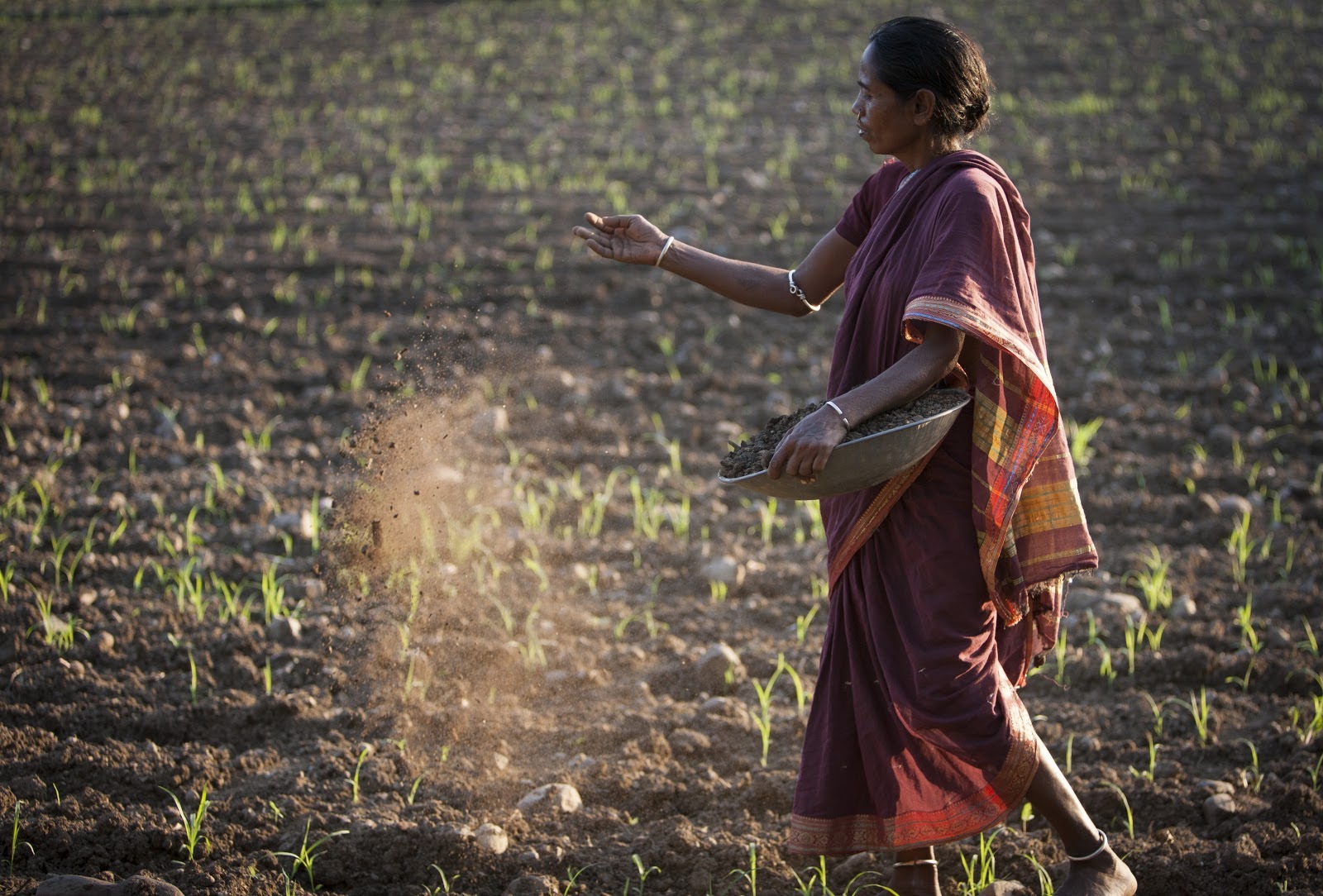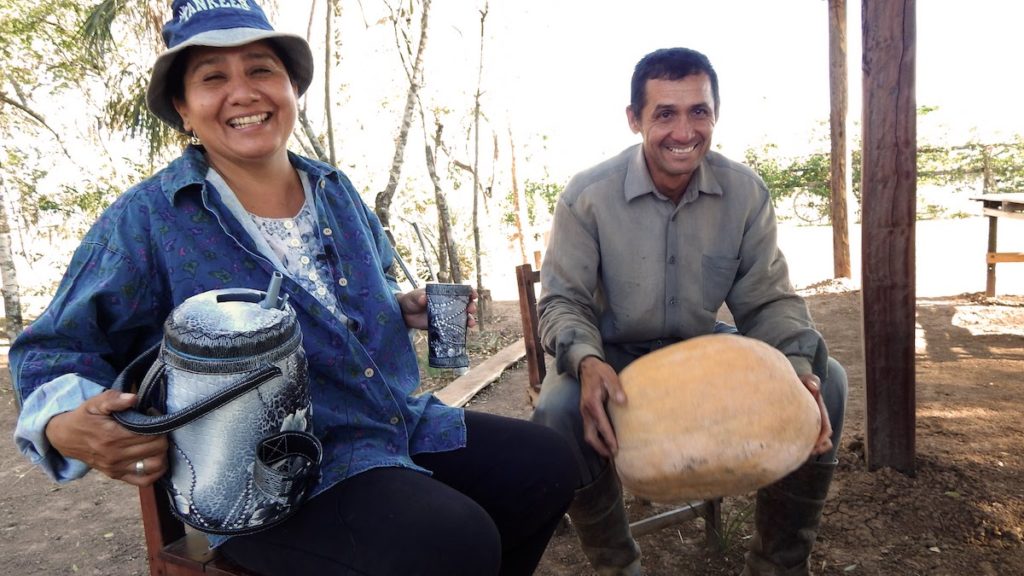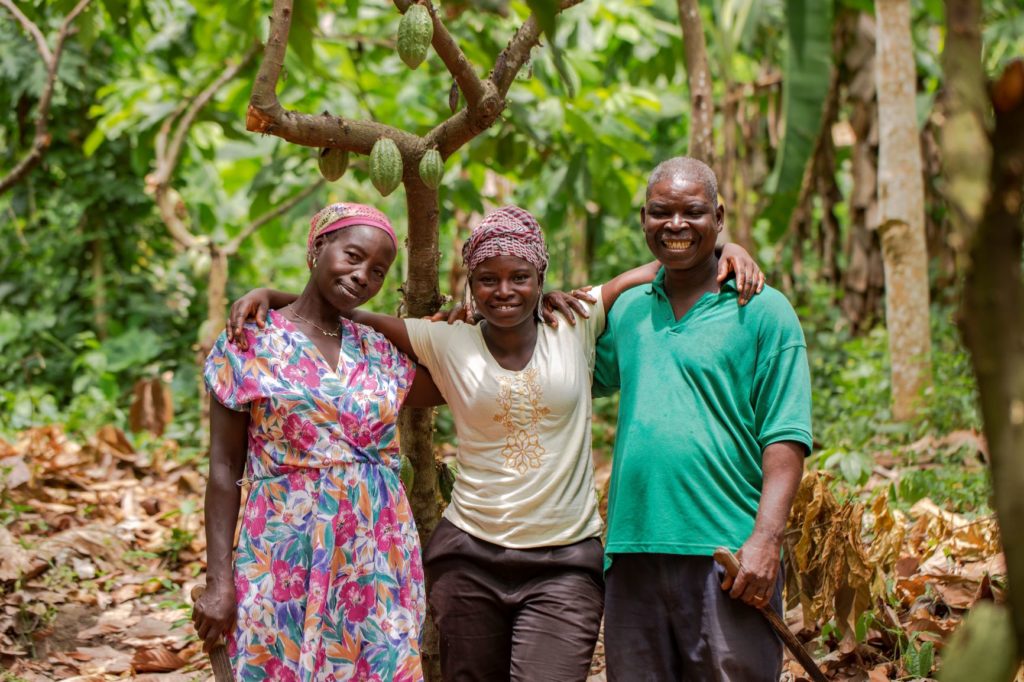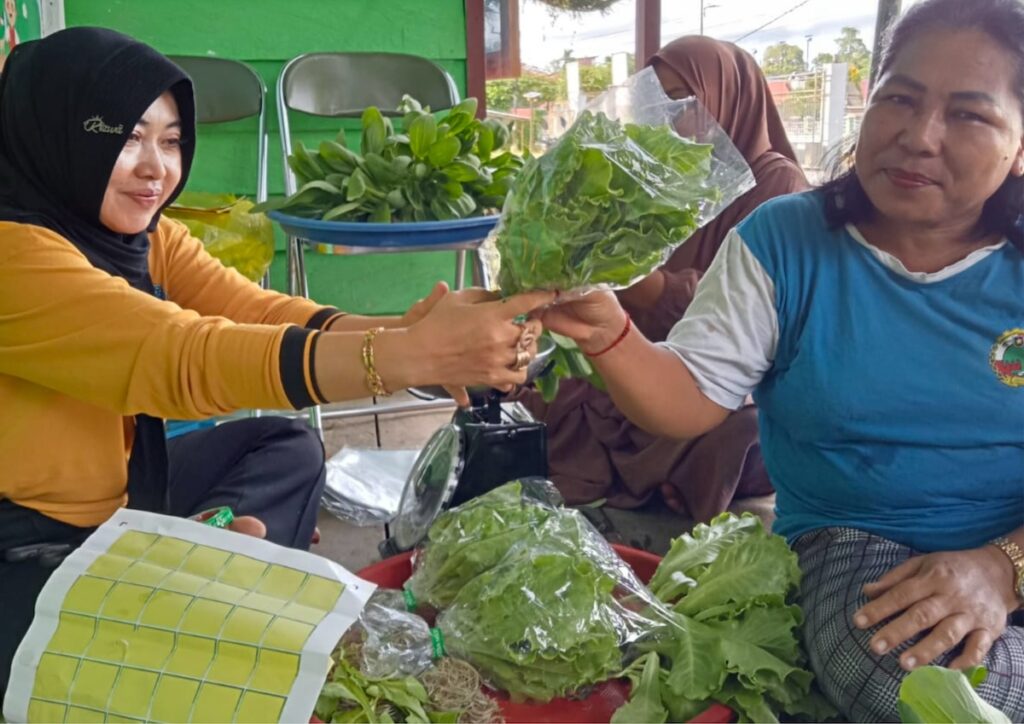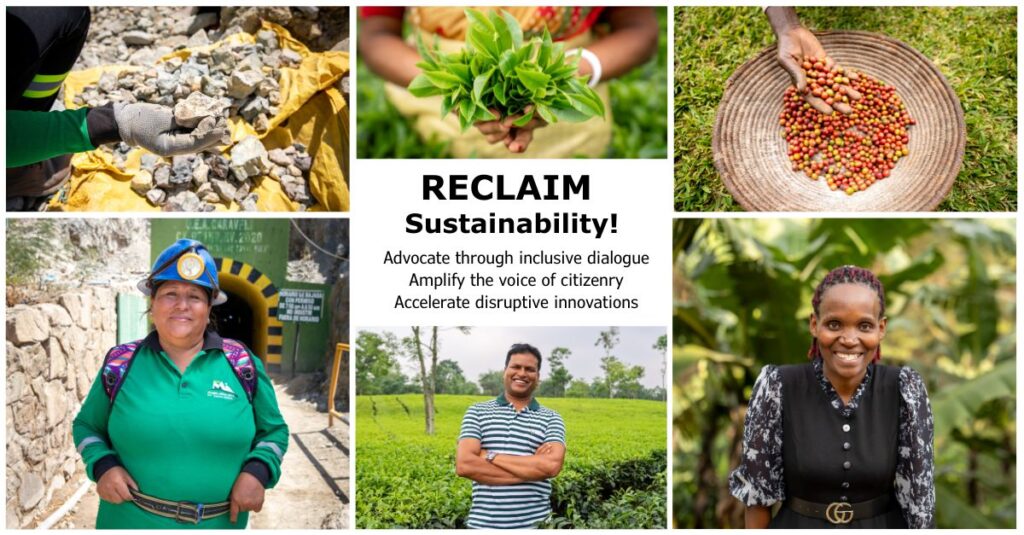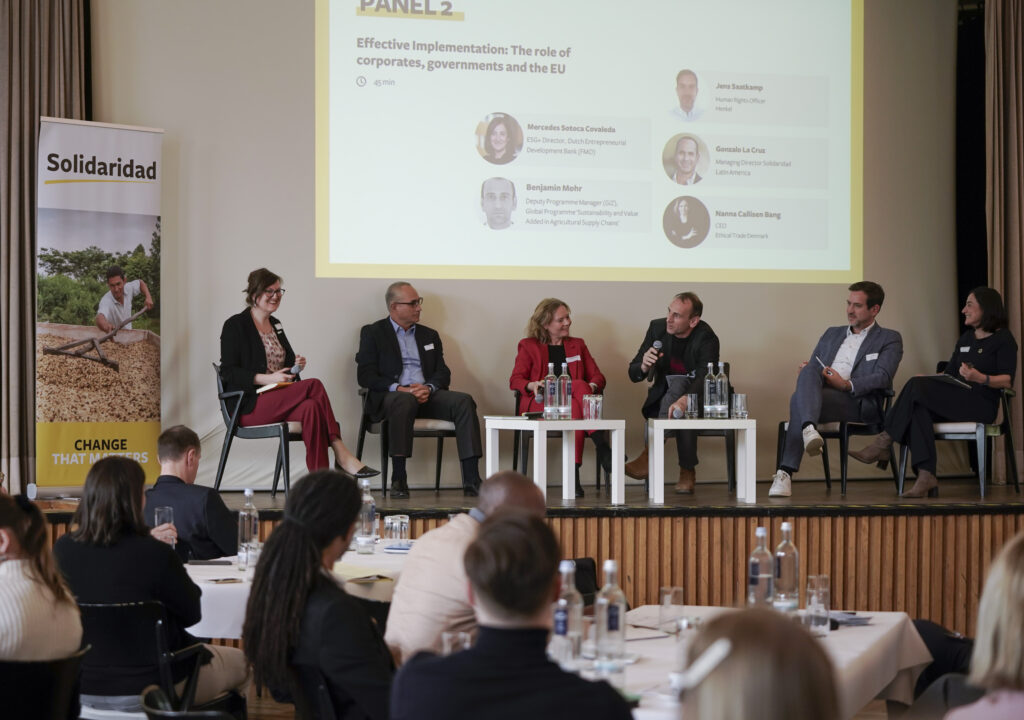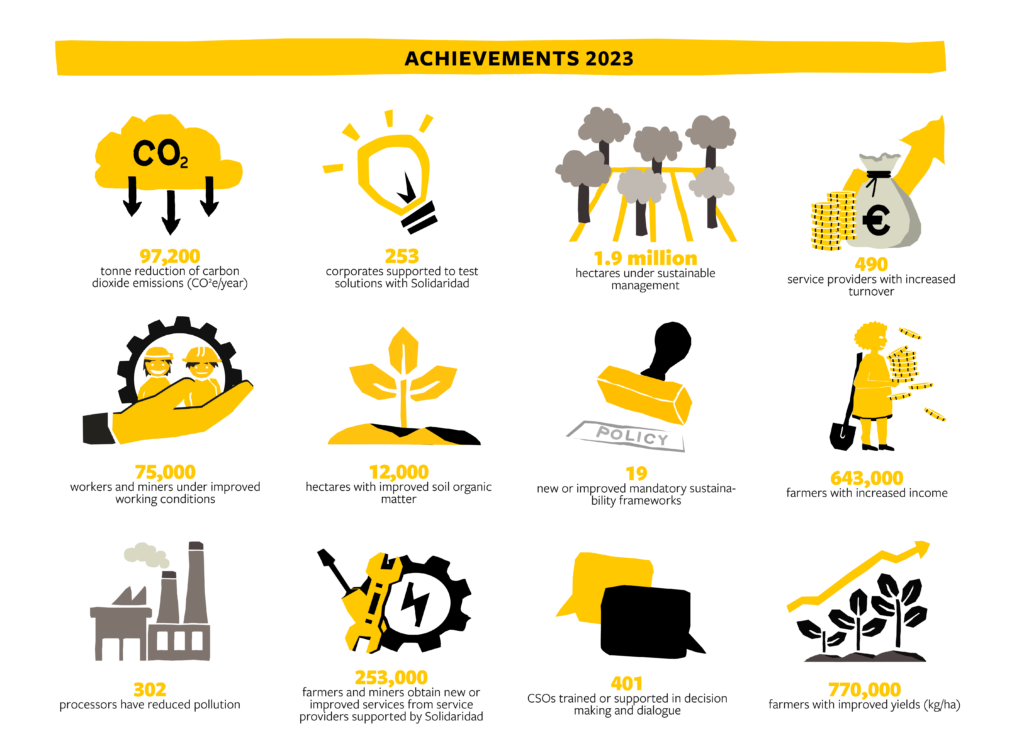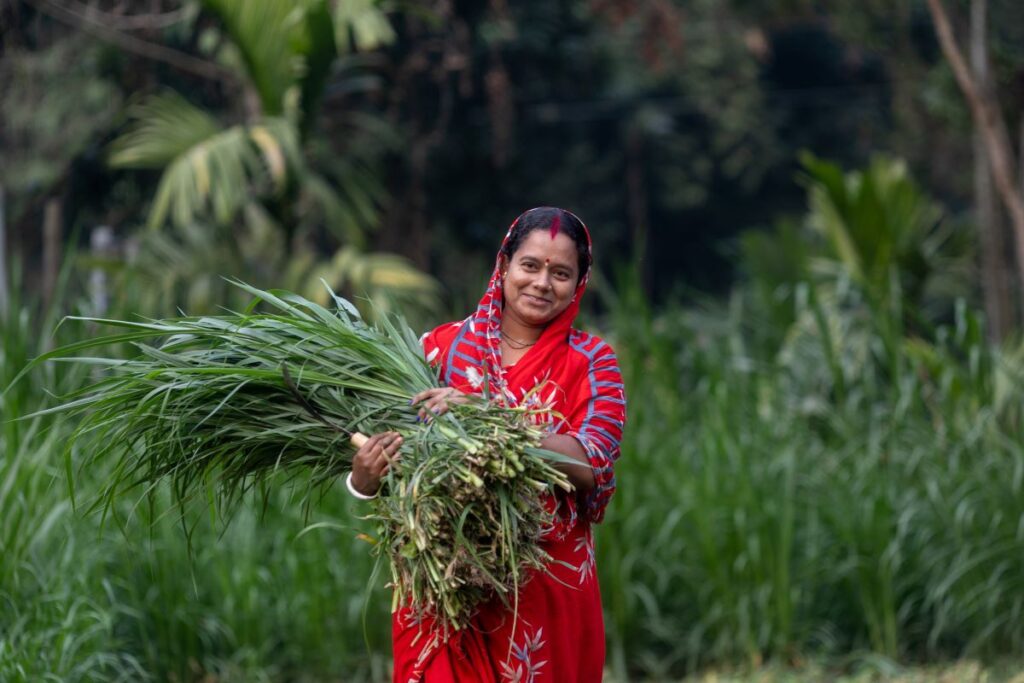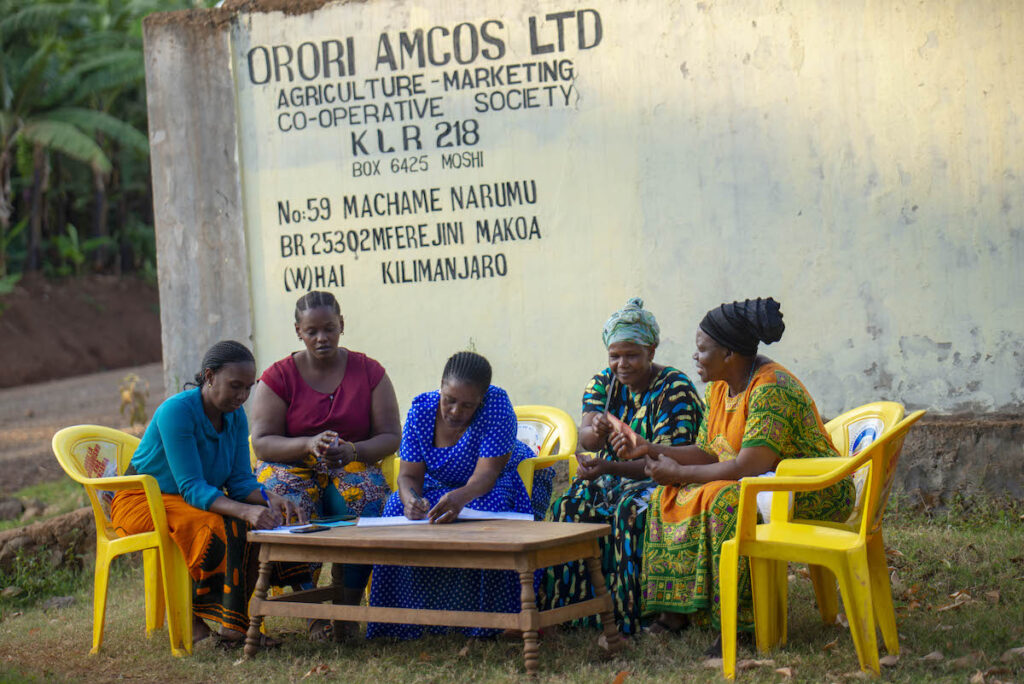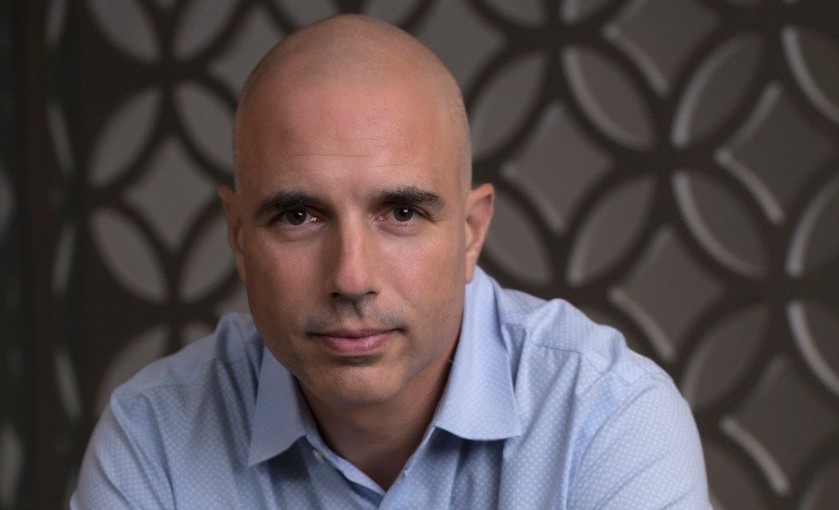‘Disasters come, do not let them put you down!’ This wise message was shared with me by avocado farmer Aggai Azonzo during one of my travels. Mister Azonzo is a humble man, the same age as my father, working on his farm every day and preaching about sustainability to everyone who is willing to listen. He is part of our food system, as we all are. And I quote him because in my opinion our current food system is a disaster. A disaster that is keeping poverty in place and exhausting our planet. A disaster we should face and transform into a new system, benefitting all people and the planet.
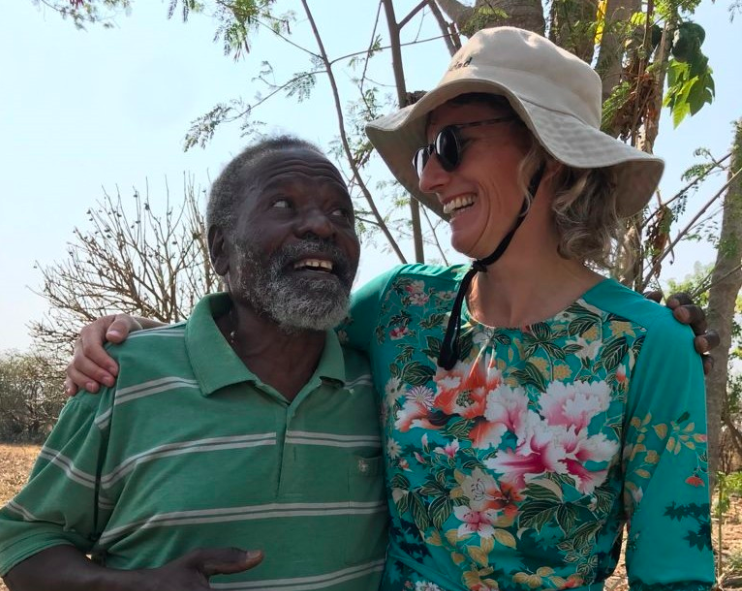
Smallholder farmers play a key role in sustaining our world economy and providing the food consumed by billions of people. Yet, millions of farmers worldwide cannot make ends meet; their livelihoods are under continuous pressure. Millions of smallholders who produce the world’s resources are living in poverty. The global food industry is the domain of a few powerful corporations, and the food system is wrought with inequalities. Moreover, a third of our global Greenhouse Gas Emissions comes from our food system, with meat accounting for nearly 60% of this part. In the meantime, the impact from climate change, population growth and urbanization are all continuously adding fuel to the fire. The Covid-19 pandemic has shown all too clearly how off-balance our world is, and this is certainly true of our disastrous food system.
“We need a different system!”
I would like to echo well-known economist and SDG advisor Jeffrey Sachs who addressed the UN Food Systems Pre-Summit in July with a speech fuelled by passion about the state of inequality in today’s world: “We have a system, but we need a different system!”
So what would this different food system entail? First and foremost, we must ensure that the producers of our food – the millions of farmers and workers – get an equal say in decision making processes concerning the food system. We must ensure they get their fair share. They are essential stakeholders in the food system and must be part of the solution. We need systemic change for this: a radical shifting of power, and genuine transformation that benefits the people at the beginning of the value chains. We must reclaim sustainability.
Companies have to change their way of doing business. To achieve that we need new rules, we need mandatory sustainability regulations. Let’s start at the EU level with a smart mix of measures requiring mandatory due diligence from businesses, but also intergovernmental partnerships and measures to support farmers in the Global South.
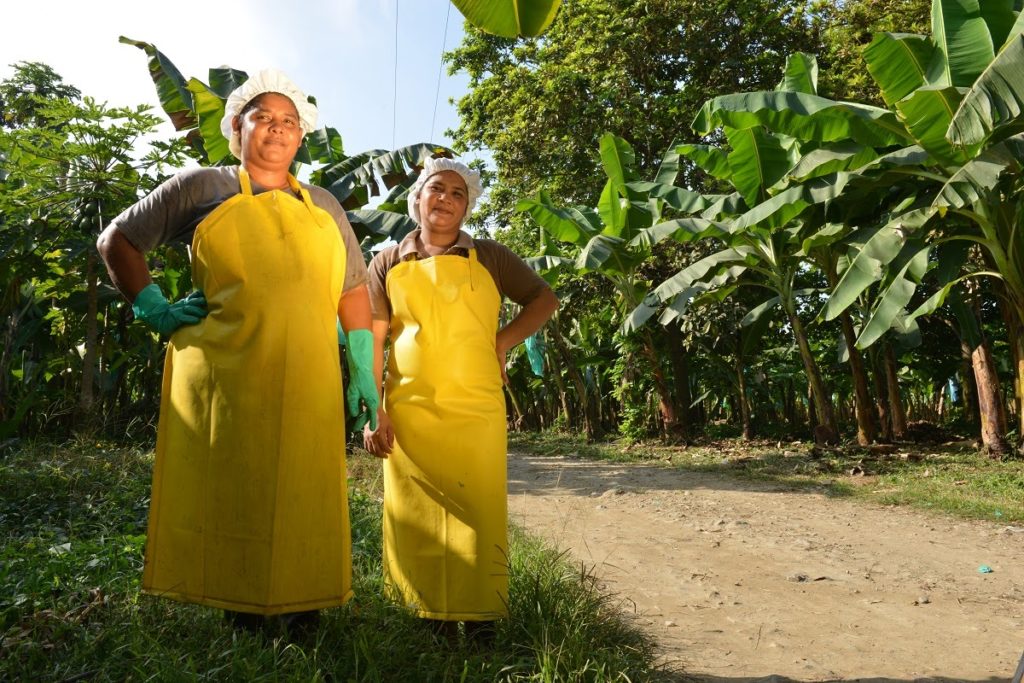
Regional food systems
We must not underestimate the role and importance of regional food systems. An enabling environment for smallholder farmers is necessary to positively change the course of food production and security in their region, and for farmers to be able to earn a decent income from their work. Creating more conducive business environments, with support for SMEs in food and agriculture, will lead to development of a robust food sector in producing countries. Companies, investors and authorities will have a key role in accelerating these businesses and initiatives to help scaling up further.
Ensuring the sustainability of local food systems also means making a shift in international supply chains. For instance, the oil palm tree is native to Ghana, yet the country imports major quantities of palm oil for local consumption from Indonesia. Still, there is a huge potential for increasing, in a sustainable way, the local production of palm oil in Ghana for their own consumption.
Sustainable farm management practices
Adopting better and more sustainable farm management practices is another key factor in increasing agricultural productivity that benefits both people and the planet. In one of the long-running projects of Solidaridad, the Sustainable Agriculture, Food Security and Linkages (SaFaL) programme in Bangladesh, we have observed very positive outcomes for the farmers we have worked with in implementing good management practices, both for their own livelihoods as well as for their communities.
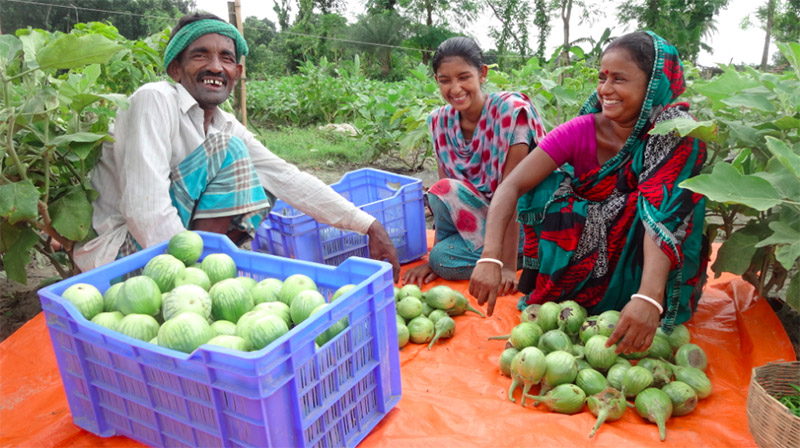
Women and youth empowerment
Women make up a significant part of the smallholder farmers across continents, and their voices, interests and concerns must be an integral part of the solution. They are an integral part of the solution. As are the youth: they are the next generation of farmers to feed our world. Yet, we see that traditionally, women and youth still belong to the most marginalized population groups whose voices often remain unheard. There will not be a fair and sustainable food system without their equal participation across all levels.
Tackling our most pressing challenge
Last but certainly not least, we must tackle what is probably the most pressing challenge of our time: climate change. Our food system contributes to global warming and degraded lands. Smallholder farmers also contribute to global warming, however, those 500 million smallholder farmers in the world could be a force for good. There is an enormous opportunity to reduce CO2 emissions at farm level but also to capture CO2 in the trees and soil of their land. Carbon can be sequestered from the atmosphere into the soil by agricultural and forestry land by adopting regenerative practices. Academics estimate that if these practices are widely adopted they can sequester between 18 and 37 billion tonnes of carbon from croplands alone in the next 20 years. It has even been quoted that if all global agricultural land was converted to a regenerative system it would have the ability to sequester more than the current level of global emissions. To tap into this opportunity we should start paying for ecosystem services provided by smallholder farmers.
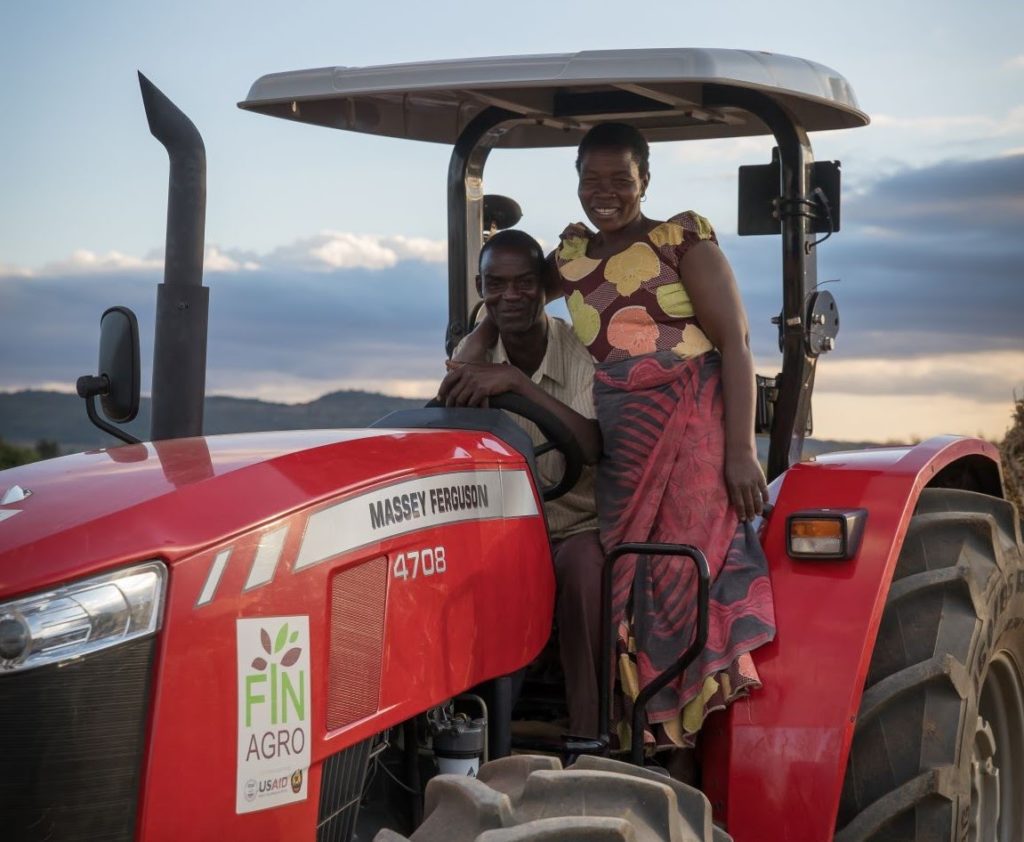
A matter of long-term commitment
Transforming the food system and ensuring food security for all is a major challenge. The main objectives of the UN Food Systems Summit 2021 align with their five interconnected action tracks: ensure access to safe and nutritious food for all; shift to sustainable consumption patterns; boost nature-positive production; advance equitable livelihoods; and build resilience to vulnerabilities, shock and stress.
We have our work cut out for us – for all of us, and we must work together to achieve the goal of a sustainable food system that benefits all, also when the going gets rough and the perspectives on the best path forward may differ. This Summit is an excellent opportunity to address the urgency of the problem with the variety of stakeholders present; but it will come and go, whilst the challenge of reforming our food system must continue to be a worldwide priority. A new system will not be there overnight, it is a matter of long-term dedication and commitment; but we must act now, we will not allow this disastrous food system to let us down!
This article originally appeared on LinkedIn.

